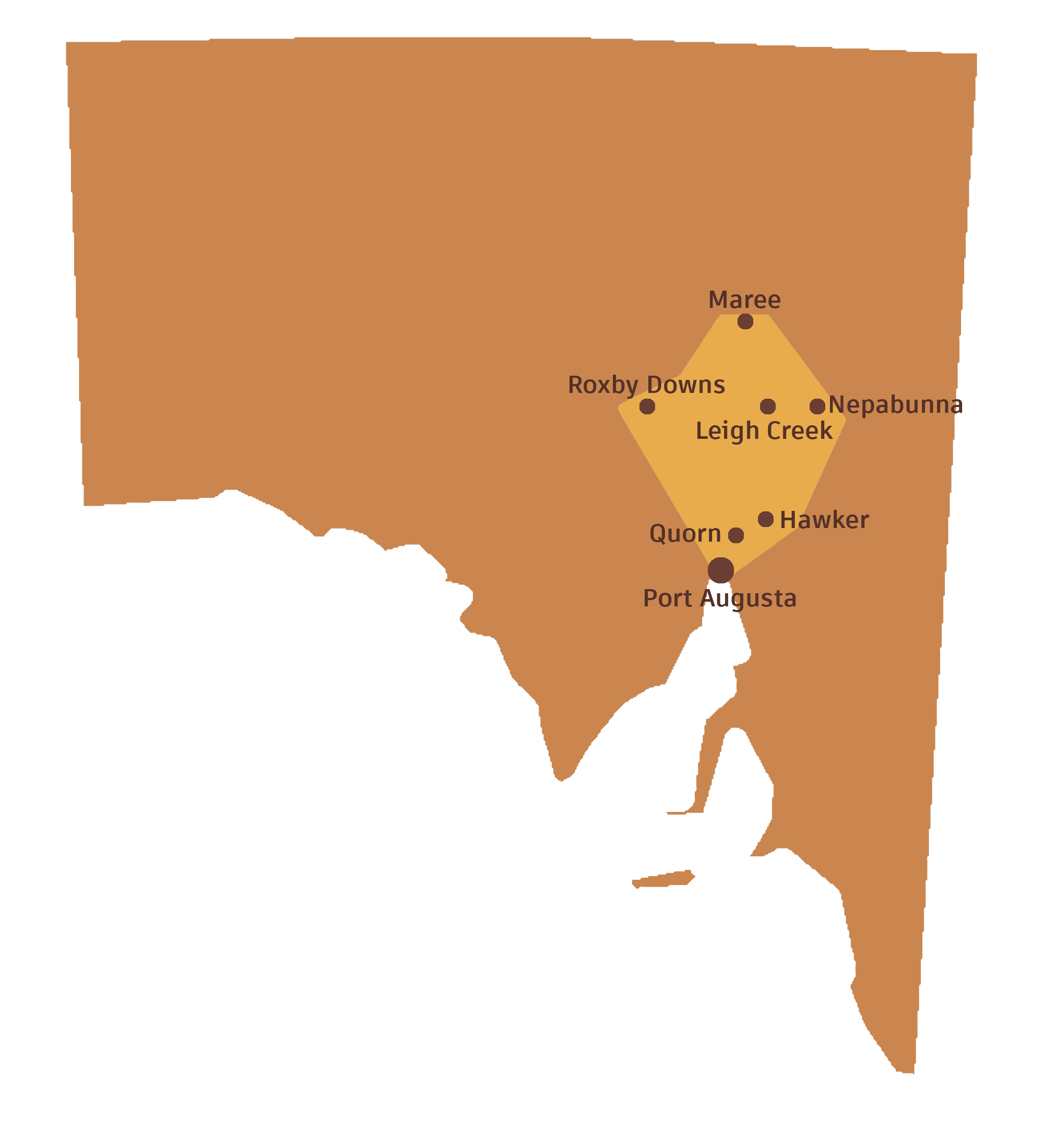In the early 1970s, a group of Aboriginal women meeting
in Port Augusta heard word of a sick man in the sandhills
outside town. One of the women was a nurse, and
together the group travelled to where the man lay, too
weak to move, and did what they could. In the days
and weeks that followed the women learned of others
suffering from injuries and illnesses, and decided that
Port Augusta needed a Health Service specifically for the
Aboriginal community.
State and Federal government were not interested, but
the women were undeterred. They wrote to the World
Council of Churches in Geneva, Switzerland to explain
their plight and ask for help. The Council were moved by
the request and granted enough funding to establish the
Aboriginal Medical Service, Port Augusta.
The Aboriginal Medical Service in Redfern, New South
Wales offered assistance in spite of that service’s own
struggles. A doctor was loaned to Port Augusta and was
able to travel from Redfern intermittently. Resources were
scarce; when visiting, the doctor slept on the floor of the
clinic, and bandages were washed and reused.
Years passed, but the persistence shown by those first
women remained. The service grew, and grew, and was
incorporated in December 1984 as Pika Wiya Health
Service Inc.



